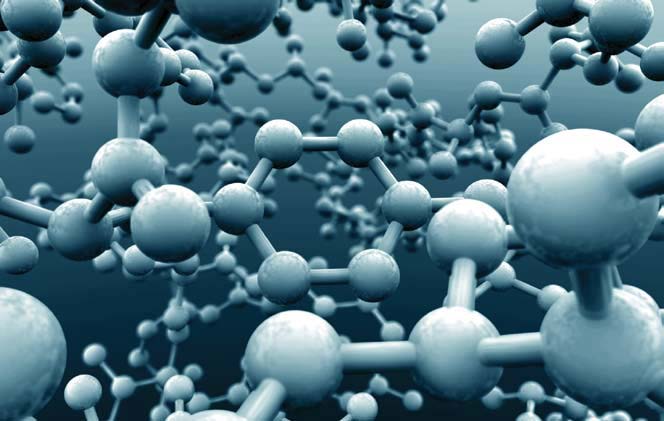Proteomics encompasses the large-scale study of proteins. With MassMatrix, scientists can more accurately identify differences in the protein structures of healthy cells and those with cancer.
As the expression goes, the devil is in the details. Fortunately, Ohio State University Professor Michael Freitas and his team have developed a way to leverage one of cancer’s evil tell-tale signs: Changes in the weight of specific proteins, measured out to the third decimal place. Dr. Freitas specializes in proteomics, the large-scale study of proteins, particularly their structures and functions.
As part of his research, he uses liquid chromatography, coupled with tandem mass spectrometry (LC-MS/MS), to look for differences in protein structures between healthy cells and those from patients with chronic lymphocytic leukemia.
LC-MS/MS creates rich, data-heavy information — which requires extensive evaluation. Typically, various automated database search algorithms use an approach that averages the numbers. Because they don’t take into account the precision of the data, the results frequently would falsely identify protein structures as ones with cancerous changes.
To reduce false positives and improve the scores of true positive matches, Freitas’ team created Mass- Matrix, an automated database search program that relies on rigorously evaluating a variety of proteinrelated measurements, including the precise weight, to generate more accurate results.
“The Ohio Supercomputer Center provided resources to create a parallelized version of MassMatrix that ran efficiently on high performance clusters,” said Dr. Freitas. “Now, we’re using OSC to benchmark Mass- Matrix against similar types of software on the market. Our ultimate goal is to develop this as a resource for proteomics, to help all researchers."
“Because,” Dr. Freitas said, “any difference we find between healthy and diseased cells may help us understand what influences the progression of chronic lymphocytic leukemia, and perhaps other cancers.
--
Project lead: Michael Freitas, Ph.D., The Ohio State University
Research title: Assays for screening histone modification in cancer
Funding source: National Institutes of Health, CA107106
